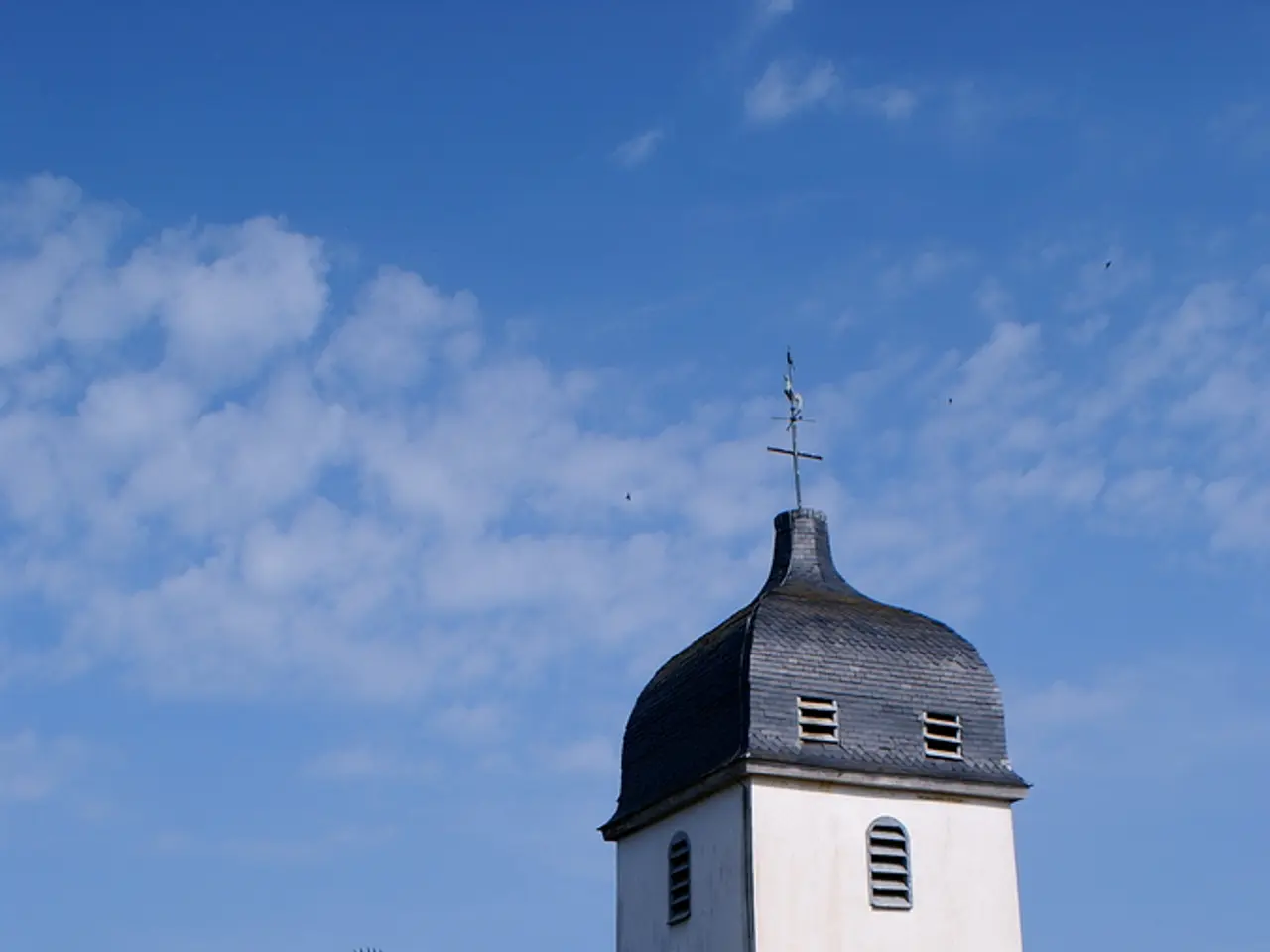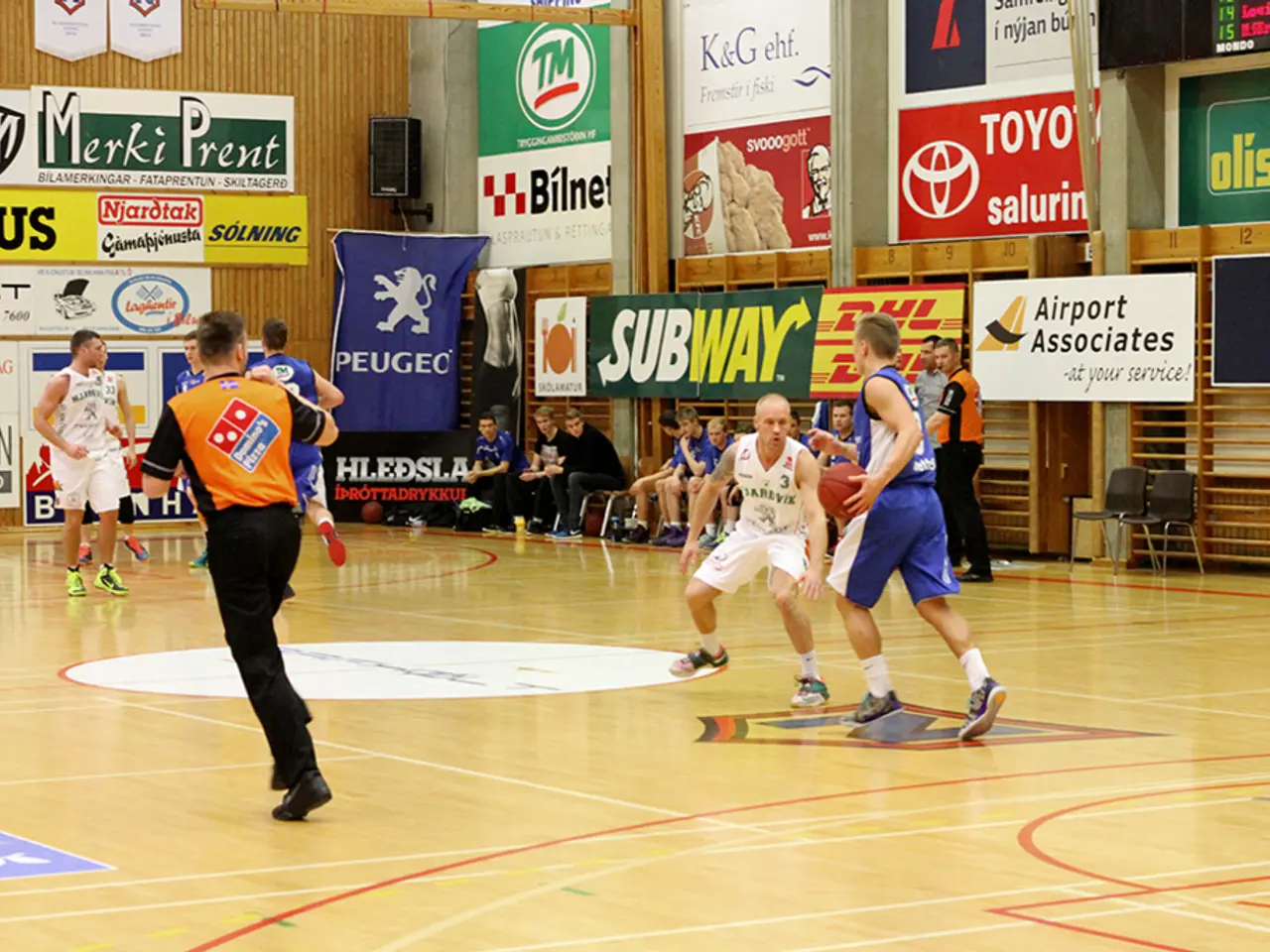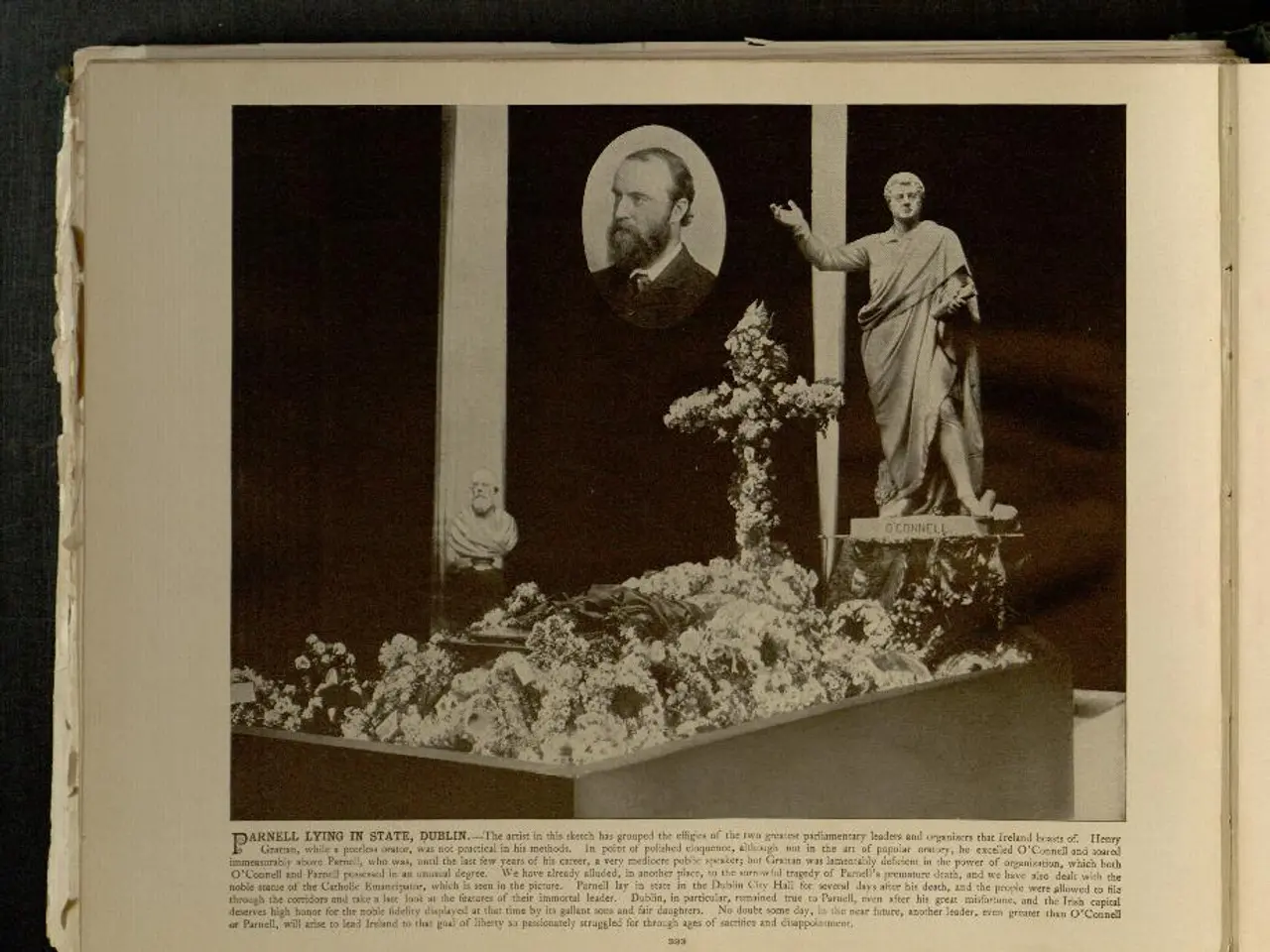Validity of Latvian Armed Forces Commander's Assertion: Quality Over Quantity for National Guard Strength
In a recent interview, National Guard Commander Pudāns highlighted the challenges facing Latvia's National Guard in terms of recruitment and retention. Pudāns acknowledged that not every National Guard member may respond to a mobilization or call-up, as circumstances can vary widely.
The factors influencing recruitment and retention in a national guard, such as Latvia's, mirror broader challenges seen in military organizations worldwide. Economic benefits, job security and career advancement, family support, cultural and social factors, operational deployment, and safety concerns all play a significant role.
To address these challenges, Pudāns proposed several strategies. Governments can improve compensation, housing, healthcare, and education benefits for military personnel and their families to enhance retention. Public engagement and awareness campaigns can help build trust and support for national defense. Transparent communication about military operations and the positive impact of national defense efforts can foster trust. Involving local communities in defense initiatives and engaging civilians in national defense discussions can increase support and trust. Governments can also address broader societal issues that impact military families, such as poverty, education, and career opportunities for spouses.
Pudāns emphasized the importance of National Guard members being actively involved, ideally dedicating around 30 days per year to the service. However, a survey conducted by the research centre "Norstat" in cooperation with news service.lv suggests that many people are reluctant to join the National Guard due to the significant commitment required. According to the survey, 61% of Latvian residents have not considered or do not plan to consider joining the National Guard.
Trust in the state is currently a challenge in Latvia, Pudāns noted, and he believes that people's willingness to engage in national defense is closely linked to trust in the state. Pudāns suggested that if trust in the state improves, the National Guard in Latvia could potentially experience a higher recruitment rate, similar to Scandinavian countries where people are eager to perform their compulsory service.
Pudāns also highlighted the National Guard's focus on maintaining a balance between recruiting new members and ensuring the quality of those recruits. Only 2% of those asked have joined the National Guard, and 26% of residents state they do not have the time or that other factors make joining the National Guard impossible.
Pudāns contrasted the Latvian approach with the Russian army, stating that the latter focuses on meeting targets without concern for recruit quality. The approved goal for the National Guard in Latvia is to reach 12,000 members, up from the current 10,000. Pudāns did not express certainty that every National Guard member would respond to a mobilization or call-up, acknowledging that there are different circumstances that could affect this.
Pudāns believes that word of mouth and personal recommendations are the best methods for National Guard recruitment. He also noted that achieving greater trust in the state could lead to a situation where more Latvian residents are eager to serve their country. The commitment of one month per year on National Guard duty is a serious one, which may explain the reluctance of many people to join. However, Pudāns' comments suggest that the National Guard in Latvia prioritizes the quality of its recruits over meeting recruitment targets.
- The media coverage of war-and-conflicts, politics, and general news can significantly impact public trust in the military and the National Guard, such as in Latvia, which could influence recruitment and retention rates.
- In line with Pudāns' suggestions, government-led public engagement campaigns and transparent communication about military operations can help address the reluctance of many Latvian residents to join the National Guard, by building trust and fostering a sense of duty to serve the country.








